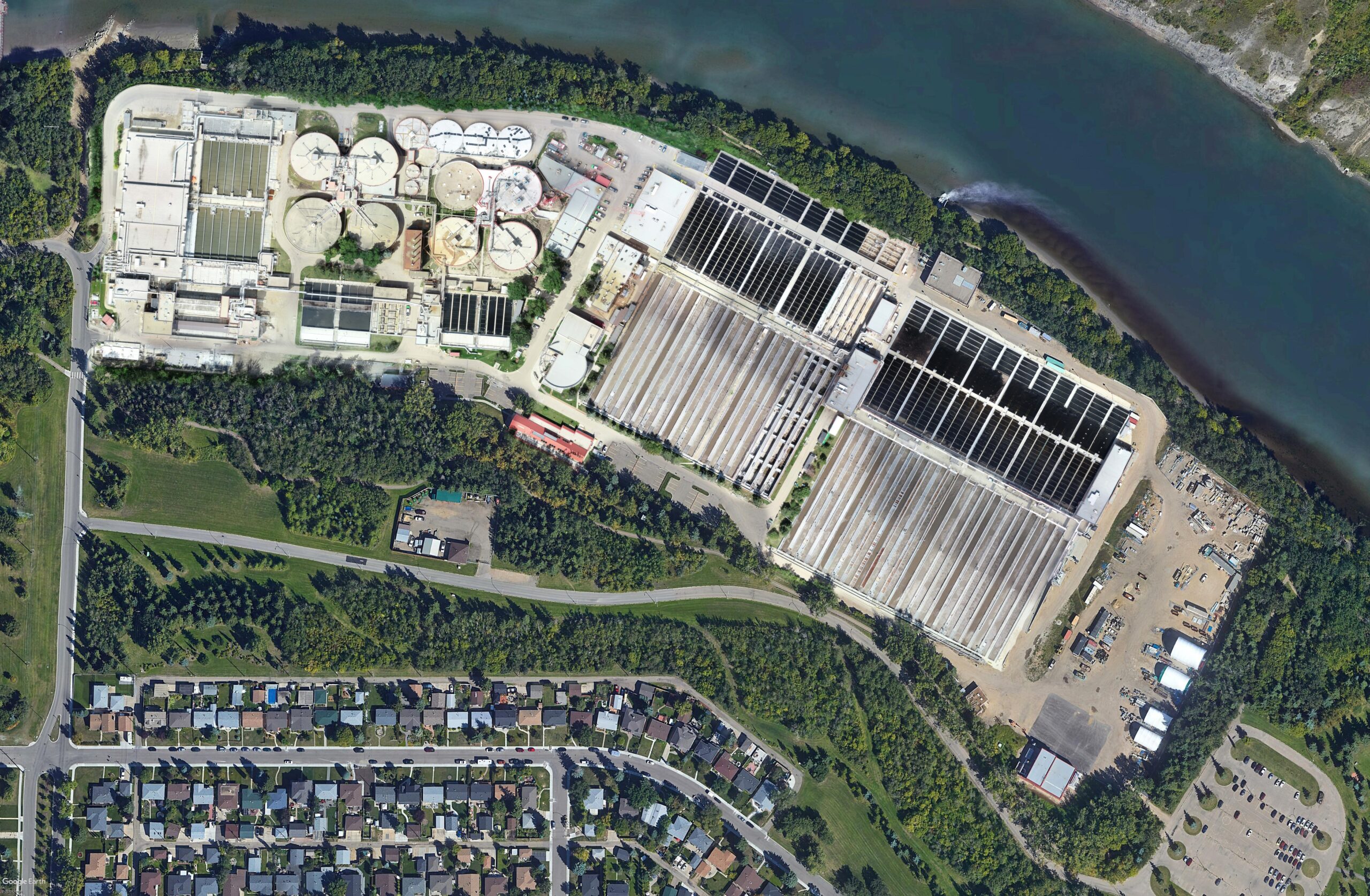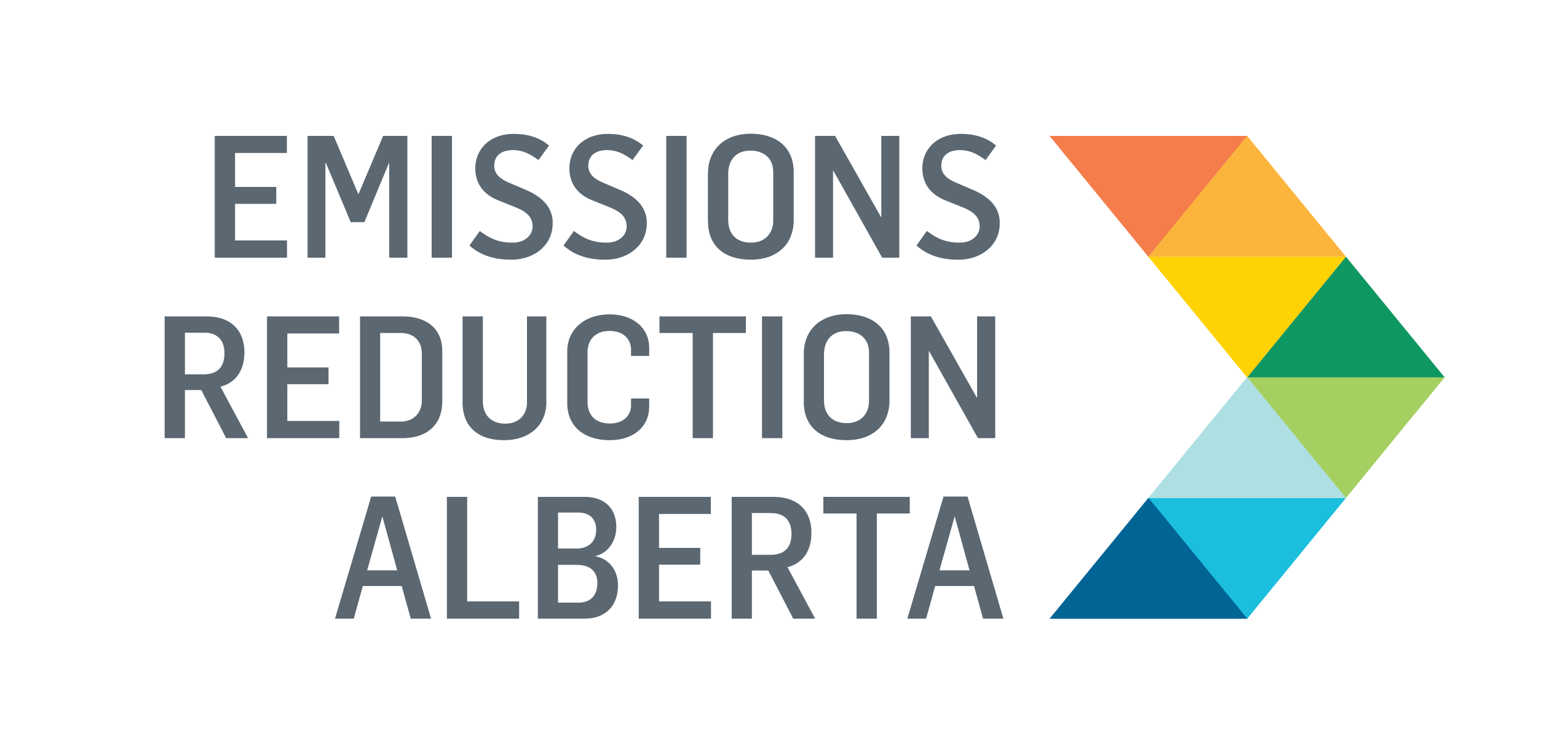An Interview with EPCOR Water Services
From delivering water to household taps to treating wastewater before it’s returned to the North Saskatchewan River, EPCOR Water Services plays a vital role in Edmonton and the surrounding areas. With the City of Edmonton as its sole shareholder, the utility company provides wastewater collection and treatment for clean, safe drinking water to over 1.4 million people in Edmonton and the capital region. As part of their commitment to environmental stewardship, EPCOR signed up for ERA’s Strategic Energy Management for Industry (SEMI) program.
We talked to Qing Zhang, Climate Change Specialist, and Ranti Oyedepo, Project Manager, about their new ultraviolet (UV) wastewater disinfection system upgrade and how SEMI is helping utility providers achieve their sustainability goals.
Nice to meet you, Qing and Ranti. What are your roles at EPCOR Water?
Qing: I’m a Climate Change Specialist. I develop strategies for EPCOR Water to achieve net-zero, reduce emissions, and manage energy use across our operations. I’m also Chairperson for the Canadian Water and Wastewater Association Energy Efficiency Committee, helping advance sustainable practices across the industry.
Ranti: I’m a Project Manager overseeing EPCOR Water’s capital projects. One of the projects I’m handling is the UV wastewater project at our Gold Bar Wastewater Treatment Plant in northeast Edmonton. The current UV technology needs replacing, so I will be managing the integration of the new UV disinfection system.
Ranti, you mentioned the UV disinfection system project. Is this the initiative you’re undertaking with SEMI?
Ranti: Yes, this project is part of our participation in SEMI’s Capital Retrofits activity. The goal is to upgrade the UV disinfection system at our Gold Bar Wastewater Treatment Plant. The current system is about 30 years old and nearing the end of its life. It’s one of the main energy users in the plant… accounting for somewhere around 12.5 per cent of all energy consumption on site.
Qing: UV disinfection is the final step in the wastewater treatment process before water is released back into the North Saskatchewan River. Funding from SEMI is critical to help us replace the UV disinfection equipment and ensure the water is safe and clean before returning to the ecosystem.
How much energy do you expect to save?
Qing: We expect the upgrade will reduce energy consumption by up to 50 per cent, specifically for the UV treatment process. This translates into energy and cost savings for both EPCOR and ratepayers.

Why is this project important for EPCOR Water?
Ranti: EPCOR identified the need to upgrade the UV system some time ago. We’re currently in the design phase, picking our vendors and preparing for implementation. As Qing mentioned, the retrofit is expected to cut energy use by up to half, with potential savings of up to 3,000,000 kilowatt-hours annually.
Qing: EPCOR Water is committed to managing our operations in a sustainable way and applying innovation to achieve excellence. This UV project is a great example of that. Some utility providers are hesitant to implement new energy-efficient technology, but this demonstration project will highlight what’s possible.
How did you hear about SEMI?
Qing: I’m very engaged with Emissions Reduction Alberta and the emissions reduction community through my work in the water and wastewater industry. Organizations everywhere are preparing for net zero, but we need help and support to achieve these goals. To make sustainable practices affordable, funding like this is welcome and needed.
ERA’s SEMI program provides industrial and manufacturing facilities with knowledge, expertise, and training in energy management. SEMI helps organizations increase profitability by reducing energy costs, growing skills and capacity building, and helping cover the cost of capital retrofits.
The $50 million program, with funding provided by the Government of Alberta and Natural Resources Canada (NRCan), will help the province’s industrial and manufacturing sectors increase competitiveness, improve energy efficiency, and reduce greenhouse gas emissions.


